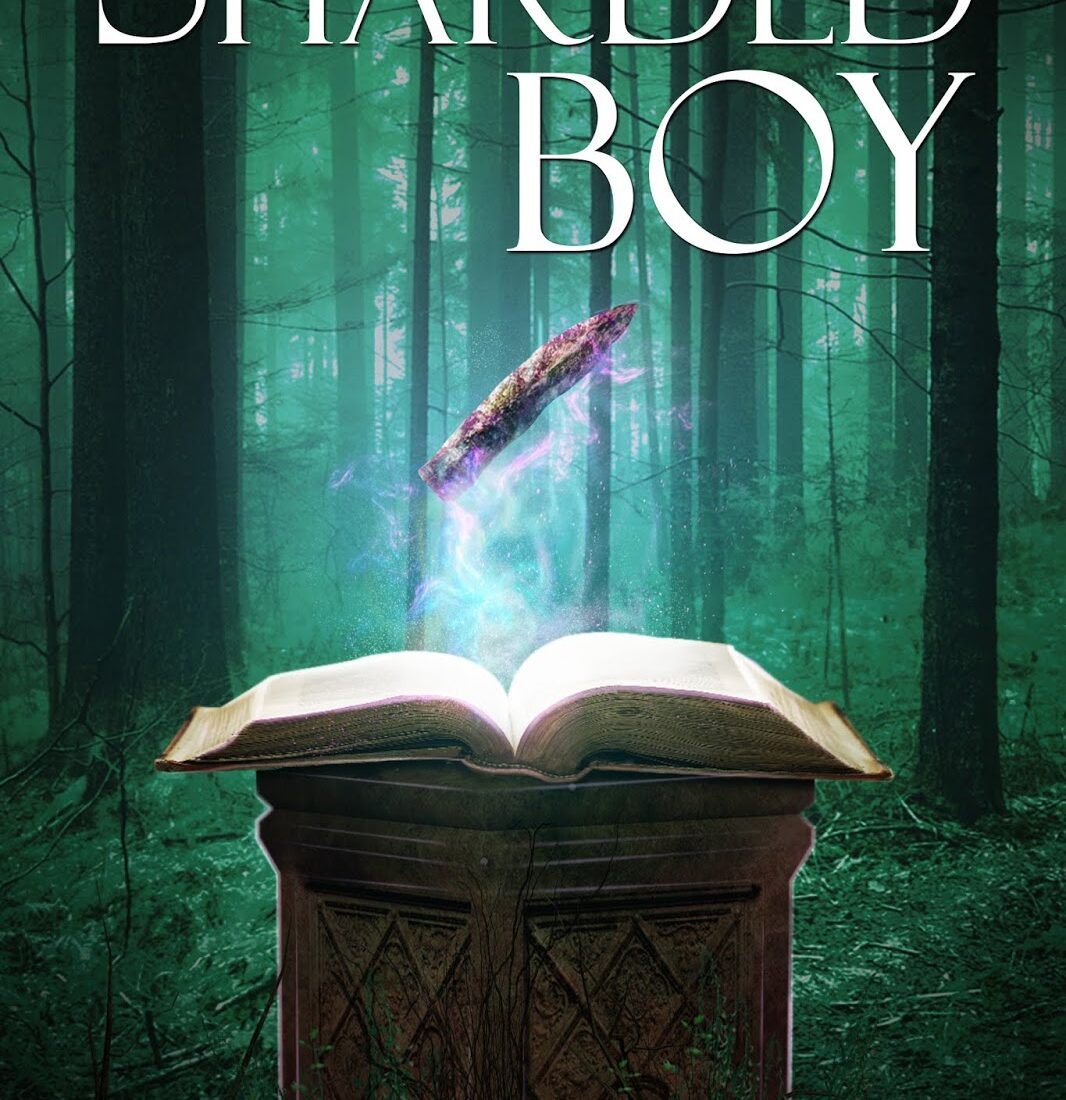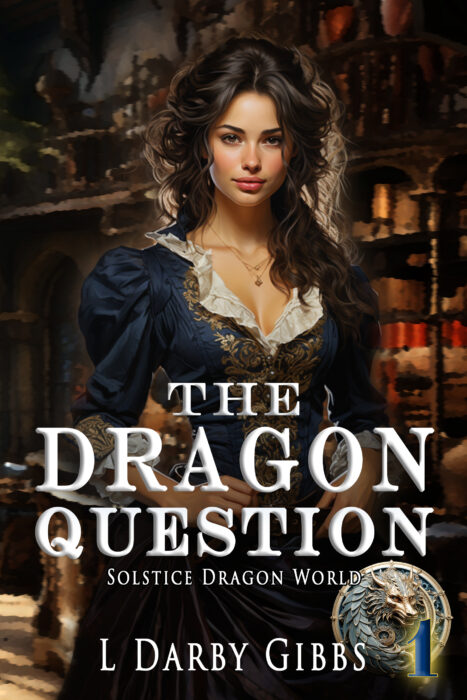Back in 2018, I decided to write romantic fantasy novels with dragons. I was already writing fantasy, but I enjoyed reading dragon fantasy. Why not write it? My husband has been more than supportive. He encouraged me when I had no ideas for the genre. We sat down and brainstormed three books together: The Dragon…
Tag: writing ideas

I am about to embark on writing the fifth book of the Standing Stones series. My daughter reminds me regularly this is the series that writes itself. It is an apt reminder. It started with a friend wanting me to write a guest post for her blog. She gave me a set of possible topics,…
Some days are more inspiring than others. I find myself sitting at my computer with several tasks to do. write monthly blog post post to Facebook, reply, repost, respond get lost on Twitter, reply, retweet, comment, post write 1,000 to 3,000 words to current book review edit back from the editor redraft book back from…
I think it has been at least two years since my writer friend Marcy Peska offered to let me guest post on her blog. She gave me a set of possible topics which I perused but didn’t feel any rise to write anything. But a few days later, I decided that writing about rules and…
Just let me learn Writers learn all the time. We want not just our facts as close to accurate as possible, poetic license not withstanding, but we are always looking for inspiration. So we cannot help but be active learners. And we do it like this. We go looking for what kind of pine trees…
I love reading about the creative process. So many things effect the act of creation. There is place, time, deadlines, atmosphere, and a sense of purpose. But a recent article covered the idea that emotion has an effect on results and even on what area of creation the artist should focus on based on that…
No story goes along smoothly for the main character. In fact, how they respond to adversity is how we get attached to the people in the novels we love. If they don’t struggle to get what they need, we won’t want to read to the end. There are innumerable ways for conflict to occur in…
Getting my logs in a line I visited +HannahHeath’s blog recently and read her great post on writing loglines for novels. It galvanized me to work at mine a second time. So here’s my loglines for all my Student of Jump books. In Time Passed, Students of Jump Book 1 Logline: An accidental inventor of…
